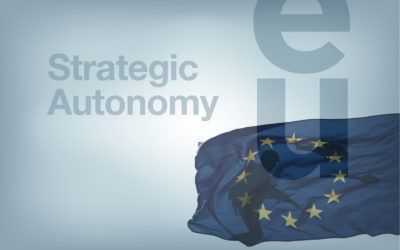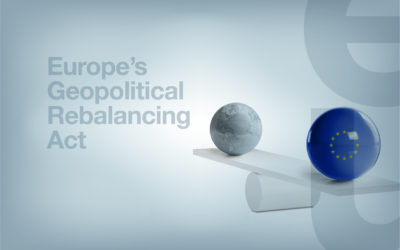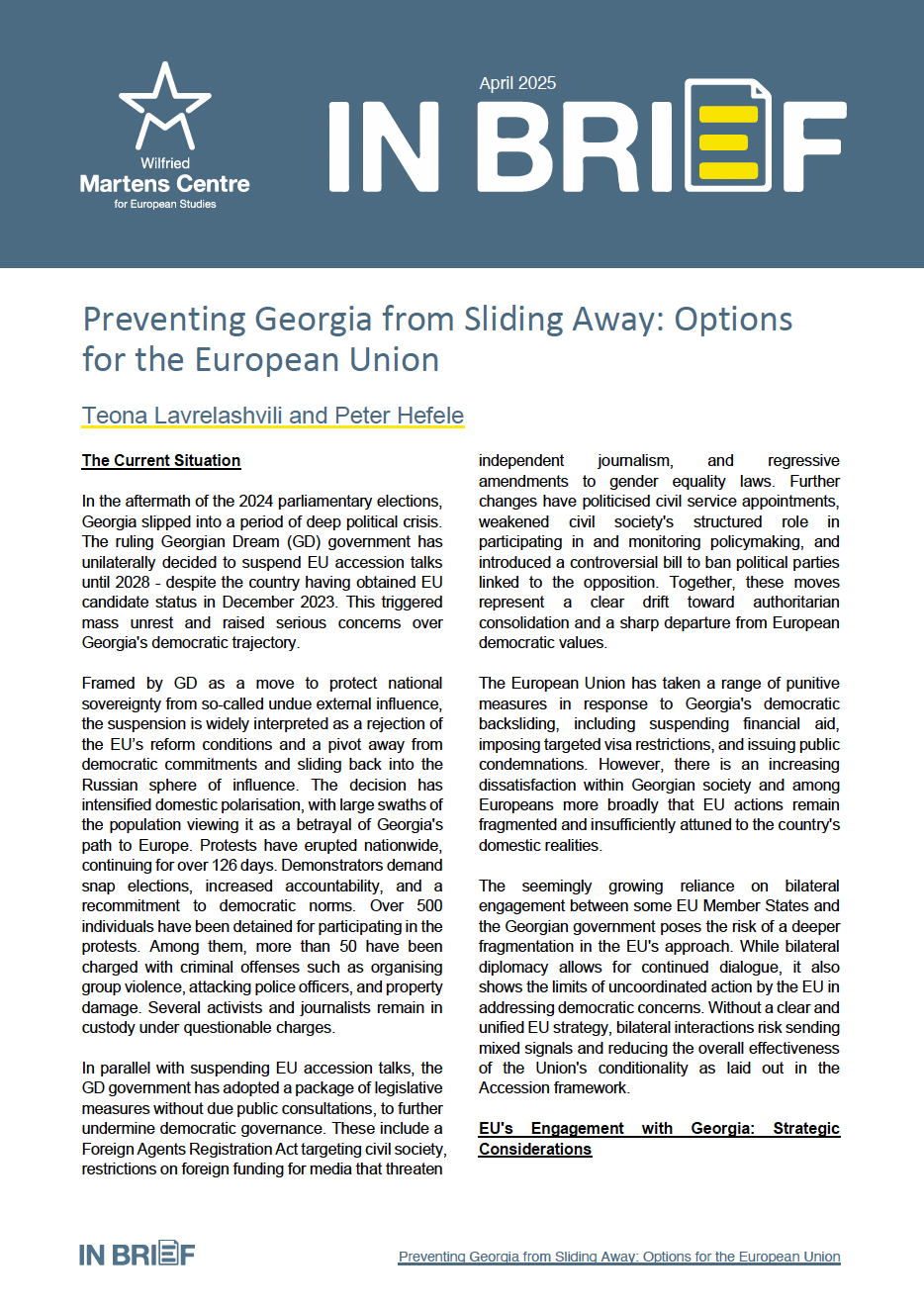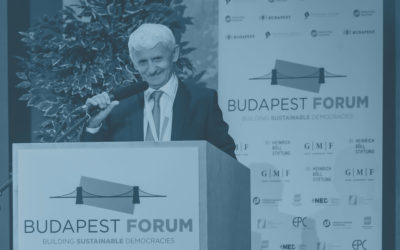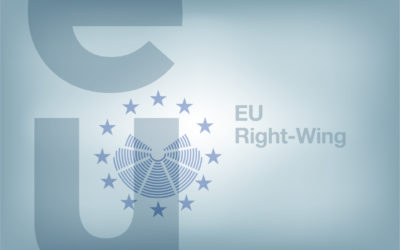Germany’s European Election Results: Key Takeaways
14 June 2024

Germany’s three ruling parties together obtained a similar amount of votes as the leading opposition party CDU/CSU, while the far-right Alternative für Deutschland (AfD) came first in 98% of East German voting districts. In other nations, there would have been immediate calls for national elections, but German political culture is more lenient with losers. So, we will see another 15 months of heavy infighting within the “traffic light “coalition, which will be very inward-looking – not a promising outlook for the European Union.
The following piece will discuss four major consequences of the European Election for Germany and Europe, as both levels are closely interconnected, given the importance of Germany as the largest member state of the Union.
Restarting the European Engine?
With the disastrous results for the German and French ruling parties, we will now see two lame ducks in the European pond – one in Berlin and the other in Paris. Nothing worse could have happened at a time when major decisions on the future of the European Union must be taken. And both nations should know that other member states, such as Italy or Poland, are more than willing to fill this leadership vacuum. German politics is ill-prepared for this power shift and has foregone its political leverage in creating alternative alliances in due time. In relation to further integration processes, a strengthened (extreme) right and left-wing opposition will try to block any further deepening of the Union, while centre-right parties have to carefully balance their initiatives against the wave of Eurosceptic political competitors on the right. On the other hand, closer cooperation in the field of defence, through further integration of the single market, is already on track, but those projects need strong backing from a broader coalition in Germany.
A Catch-22 Situation for Moderate Conservatives?
The good results for the German Christian Democrats hide the strategic dilemma of moderate conservative political forces, which is not so different from the challenges the European People’s Party is now facing in forging a new centrist coalition for the next legislature. The situation in Germany might be even worse, as within the current German party spectrum, there is no moderate conservative party to the right with whom the Christian Democratic opposition can even think of joining hands for a change in government in 2025. Under these conditions, the 30% of votes obtained by the CDU/CSU does not provide sufficient leverage for a fundamental policy change but rather “petrifies” the system while strengthening the extreme political margins. The debate on tearing down the existing “firewalls”, at least in the communal and Federal States, has already gained momentum.
Revitalising the Horseshoe Theory of Populism
The European elections, as a de facto national polling, clearly cemented the increasing differences in the political culture between East and West Germany. With left and right-win parties winning 40% of all votes in the East German Federal States, constitutional stability and governability are now at stake. A biased focus by media and political commentators on the extreme right Alternative für Deutschland (AfD) has led to the illusion of a moderate and taming populist alternative on the left, represented by leftist Bündnis Sarah Wagenknecht (BSW). Nothing could be further away from the political programme if one carefully reads the BSW programme, which is pro-Russian, anti-capitalist, and anti-Western.
A Bad Guess on the Youth?
Germany, among several other European countries, has lowered the voting age to 16 in an attempt to give the young generation a better say in political decisions. Some on the “progressive” side had hoped that this move might play into their hand, erroneously taking their rebellious past as a template. But wishful political thinking hit the wall again. A significant part of the youth voted for centre-right and – sadly enough – extreme-right parties. A fragmented left and weakened greens are currently not able to offer a new political home. While climate activists always get broad media coverage, they have never represented the young generation. Politics in Germany, as elsewhere in Europe, has largely failed to address their needs in terms of education, housing, labour market integration, or questions of identity in times of geopolitical turmoil. This generation has not been lost, but labelling them as right is neither analytically correct nor does it help to get support for moderate political alternatives.
Brussels and the national capitals will face tough negations in the weeks ahead. Unlike in 2019, when there was a large consensus on the master narrative of the “Green Deal”, the road to 2029 will be rather bumpy.
The major responsibility lies now with the European People’s Party and its largest member party, the Christian Democratic Union, to steer the European ship in stormy waters, avoiding the Scylla of defragmenting nationalism and the Charybdis of the European Union as an “elitist” project, as denounced by populist voices.
ENJOYING THIS CONTENT?



